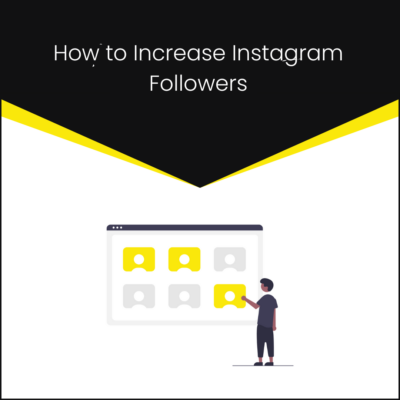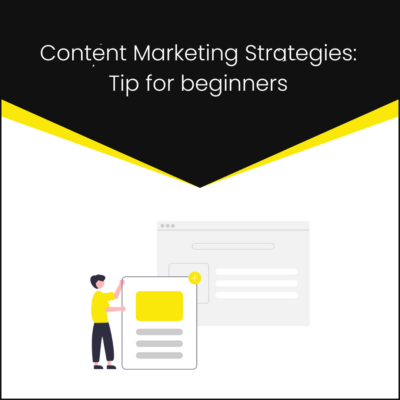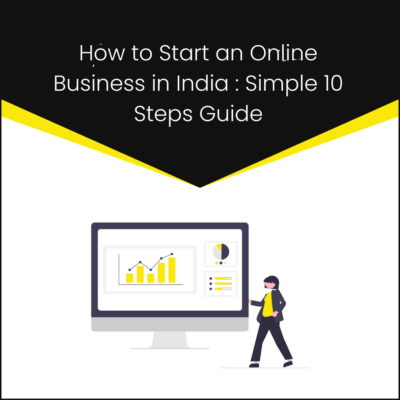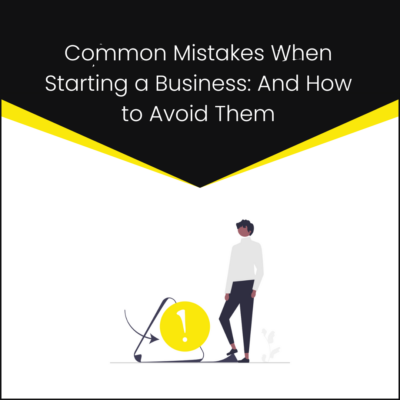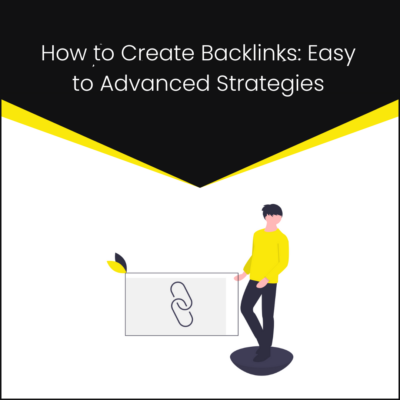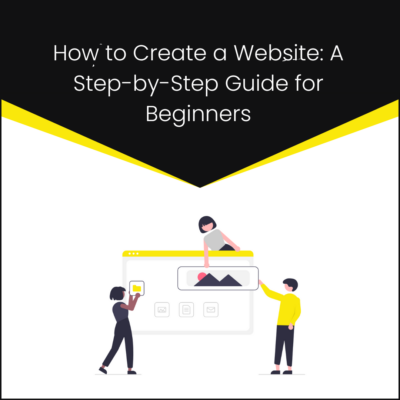In today’s digital world, having a strong online presence is crucial for small businesses. Whether you’re running a local bakery, a boutique store, or a tech startup, SEO marketing for small business can help potential customers find you online.
But what exactly is SEO, and how can it help your small business grow?
Let’s break it down in simple terms.
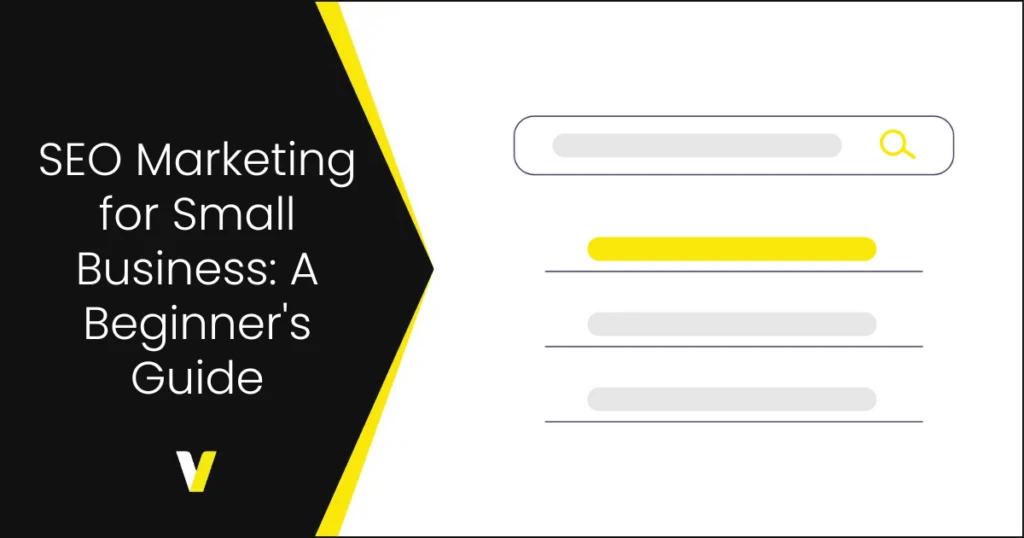
Table of contents
- What is SEO and How Does it Work?
- Benefits of SEO for Small Businesses
- How to Get Started with SEO Marketing for Your Small Business
- Start with Keyword Research
- Optimize Your Website Content
- Focus on Local SEO
- Create Quality Content
- Build Backlinks
- Optimize for Mobile
- Prioritize Your Audience Over Search Engines
- Final Thoughts
What is SEO and How Does it Work?
SEO stands for Search Engine Optimization, which is the practice of improving your website so that it ranks higher in search engine results (like Google, Bing, etc.) when people search for things related to your business.
Simply put, SEO helps search engines understand your website’s content and decide if it’s relevant to the searcher’s query.
For example, imagine someone in your city searching for the best pizza in Jaipur. If your pizzeria’s website is optimized for SEO, there’s a higher chance that your website will appear on the first page of Google when someone types that query.
Higher visibility means more people can find your business, which leads to more customers and ultimately, more sales.
SEO is not a one-time task; it’s an ongoing process. Search engines use complex algorithms to rank websites, taking into account factors like content quality, relevance, and website performance.
By optimizing these factors, you can improve your ranking and get noticed by more potential customers.
Benefits of SEO for Small Businesses
- Increased Visibility: The higher your website ranks on search engines, the more visible your business becomes. Most people rarely go past the first page of Google results, so being on that first page is crucial for success.
- More Traffic: With better visibility, you’re likely to get more organic traffic to your website. Organic traffic refers to visitors who find you through search engines rather than paid ads. SEO helps you attract these visitors without spending on ads, which is especially helpful for small businesses on a budget.
- Cost-Effective Marketing: Unlike paid advertising, which can quickly become expensive, SEO is a cost-effective way to market your business. While it does require an investment of time and effort, once your website starts ranking well, you can enjoy long-term benefits with little ongoing cost.
- Builds Credibility and Trust: Websites that appear on the first page of search results are often perceived as more trustworthy and credible. When people find your business through organic search, they are more likely to trust you because search engines typically favor high-quality, authoritative websites.
- Competitive Advantage: Many small businesses are still not fully utilizing SEO, which means if you put in the effort, you can stand out from your competitors and capture more market share.
How to Get Started with SEO Marketing for Your Small Business
Hashtags are essential for discoverability on Instagram. They help categorize your content, making it easier for potential followers to find you and learn how to increase Instagram followers through better visibility.
Here’s a simple guide to help you begin your SEO journey:
1. Start with Keyword Research
Keyword research is the first and most important step in SEO. Keywords are simply the words or phrases people type into search engines when they’re looking for something.
For example, if you own a yoga studio in Delhi, you might target keywords like ‘best yoga classes in Delhi,’ ‘yoga studio near me,’ or ‘yoga for beginners in Delhi.’ These are terms people might use when looking for yoga services in your area.
Use tools like Google Keyword Planner, or Ahrefs to find relevant keywords for your business.
Look for keywords with a good balance of search volume (how many people are searching for that term) and competition (how many other websites are targeting that keyword).
2. Optimize Your Website Content
After you’ve found the right keywords, the next step is to add them to your website in important places. Here’s how to do it:
- Page Titles: The title of your webpage is one of the first things search engines look at. Make sure it includes your target keyword. For example, Best Yoga Classes in Delhi – (Your Studio Name).
- Headings and Subheadings: These are the titles for different sections of your page. They help organize your content and make it easier to read. Try to include your keywords in some of these headings (like H1, H2).
- Meta Descriptions: This is the short description that appears below your page title in search results. It should briefly explain what your page is about and encourage people to click on it.
- Body Content: Add your keywords naturally throughout the text on your webpage. Make sure the content is helpful and makes sense to your readers. Don’t overdo it with keywords – Google doesn’t like it when you stuff too many keywords into a page. It should still be easy and enjoyable to read.
3. Focus on Local SEO
For small businesses, local SEO is extremely important. Local SEO helps your business show up in search results when people are looking for services in your area.
It helps increase foot traffic to your store and attracts customers in your area. And builds trust by making your business easy to find and improves visibility, especially for mobile searches, making it more likely that people will visit your physical location.
If you’re wondering how to increase Instagram followers, local SEO can also play a role by helping potential customers find your business and Instagram profile more easily.
Here’s how you can improve your local SEO:
- Google My Business: Set up and optimize your Google My Business profile. This free tool lets you manage how your business appears on Google Search and Google Maps. Fill in all the details, like your address, hours of operation, and contact info.
- Local Directories: Get listed in local business directories like Justdial or Sulekha. These directories can help you gain backlinks and improve your local visibility.
- Local Keywords: Use location-based keywords like “yoga classes in South Delhi” or “pizza near Connaught Place” to attract nearby customers.
4. Create Quality Content
Search engines love fresh, high-quality content. One of the best ways to improve your SEO is by regularly publishing content that’s useful and relevant to your audience. You can write blog posts, create videos, or even offer free resources (like guides or eBooks).
For example, if you own a bakery, you could write a blog post about ‘5 Easy Tips for Baking Perfect Bread at Home’ or create a recipe video. By providing helpful content, you not only improve your SEO but also build a relationship with your audience.
5. Build Backlinks
Backlinks are links from other websites to yours. Google sees backlinks as votes of confidence, signaling that your content is valuable and trustworthy. The more high-quality backlinks you have, the better your SEO will be.
You can build backlinks by:
- Guest Blogging: Write articles for other websites in your industry and include a link back to your site.
- Partnering with Other Businesses: Collaborate with local businesses to promote each other online.
- Submitting to Directories: As mentioned, getting listed in relevant online directories can give you valuable backlinks.
6. Optimize for Mobile
More people are browsing the internet on their smartphones than ever before, which is why Google prioritizes mobile-friendly websites. Make sure your website is responsive and looks great on all screen sizes. If your website isn’t mobile-friendly, you could lose valuable traffic.
7. Prioritize Your Audience Over Search Engines
While SEO is about making your website attractive to search engines, it’s even more important to write content that is helpful and engaging for humans. Focus on providing value to your audience.
After all, people are the ones who will visit your site and become customers!
If you focus too much on SEO tactics like keyword stuffing, your content may feel robotic and unappealing to readers. Keep your writing natural, informative, and relevant to your audience.
Final Thoughts
SEO marketing is a powerful, cost-effective way to enhance your small business’s online presence. While it may seem overwhelming at first, breaking it into steps like keyword research, website optimization, and valuable content creation makes it manageable.
Over time, your visibility will improve, and your business will thrive.
If you’re still feeling unsure or struggling to get started, don’t worry—you’re not alone! You can join our Digital Marketing Course, where we cover everything from SEO basics to advanced techniques. Plus, we provide one-on-one support to guide you every step of the way.
If you prefer a DIY approach, there are plenty of helpful YouTube tutorials that break down SEO concepts into bite-sized, easy-to-understand lessons. Remember, consistency is key, and with time, your SEO efforts will pay off!
Have questions about SEO or need help getting started? Leave a comment below! And for more tips on growing your business, check out our other articles on how to create backlinks, digital marketing strategies.
I’m a detail-oriented, creative professional with a background in fashion design, graphic design, and now digital marketing. Starting in fashion, I moved into freelance graphic work, honing my skills along the way. Currently, I’m exploring digital marketing, blending creativity with strategy. I believe in experiencing life fully, enjoying each moment, and constantly seeking new ways to connect, create, and innovate.

Recent Posts
- How to Increase Instagram Followers December 27, 2024
- SEO Marketing for Small Business: A Beginner’s Guide December 27, 2024
- Content Marketing Strategies: Tip for beginners December 27, 2024

